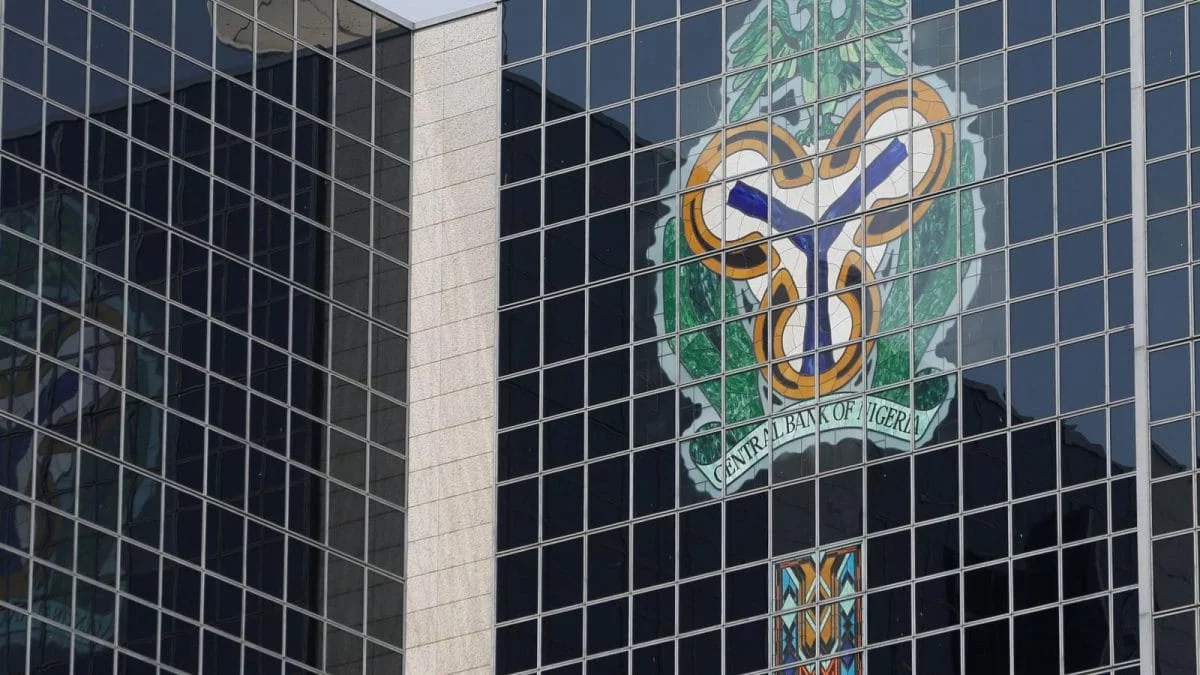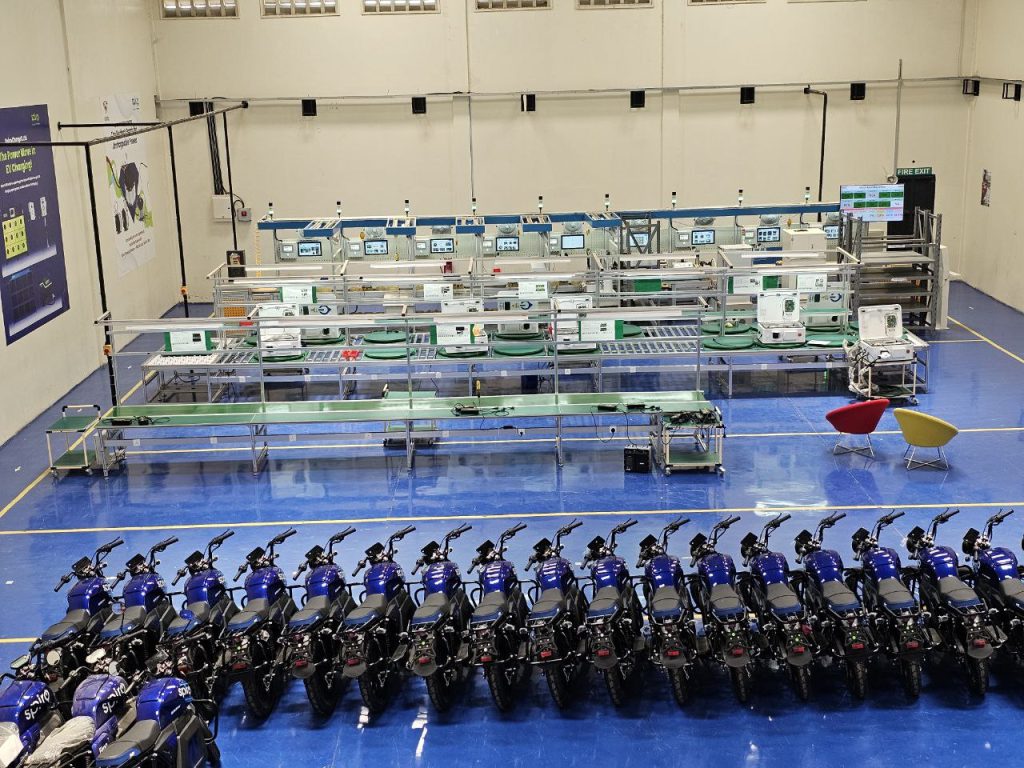Dash, the Ghanaian fintech has shuttered after a tumultuous run. The company did not achieve its vision to solve cross border payments for Africans by connecting mobile money wallets.
Dash, the Ghanaian fintech company with a mission to connect mobile money wallets and bank accounts across Africa, has confirmed that it is shutting down operations. The startup’s closure was first reported by WeeTracker. Dash was founded in 2019 by Prince Boakye Boampong, and investors were excited by the problem the startup wanted to solve. Dash was working to ensure interoperability between mobile money wallets and bank accounts across Africa; its solution would have made sending money across Africa easy and efficient.
The startup raised $86.1 million in five years and attracted big-name investors. It raised $32.8 million in a seed round—the second largest seed round for an African startup—in 2021. Insight Partners led the round and other investors, like Global Founders Capital, 4DX Ventures and ASK Capital, participated. It went on to raise additional funding with convertible notes and debt financing from October 2021 to 2022.
In 2021, Dash began sharing eye-popping growth numbers. Per one publication, Dash claimed to have processed transactions worth $1 billion and said it had acquired a million users from Ghana, Nigeria and Kenya. Those numbers represented a 5x increase in its users in only five months.
In February, at least two publications reported suspicions about Dash’s user numbers and metrics, and later that same month, Prince Boakye Boampong was suspended as CEO. Internal audits of Dash’s numbers proved that Boampong misrepresented and exaggerated user numbers. He was eventually fired and replaced by Kenneth Kinshua.
New reporting suggests that the damage was already done by the time Kenneth Kinshua became CEO. The publication claimed that upon another audit of the company’s account, there was a shortfall of at least $25 million that was unaccounted for. With a reported burn rate of $500,000 per month and no revenue, Dash’s primary problem appeared to be its high overhead, as it had operations across five countries.
As reported by WeeTracker, Boampong was earning $50,000 per month and allegedly diverted at least $8 million. There are claims that the money was used to buy property and luxury cars. Boampong has not spoken publicly about any of the allegations.




















